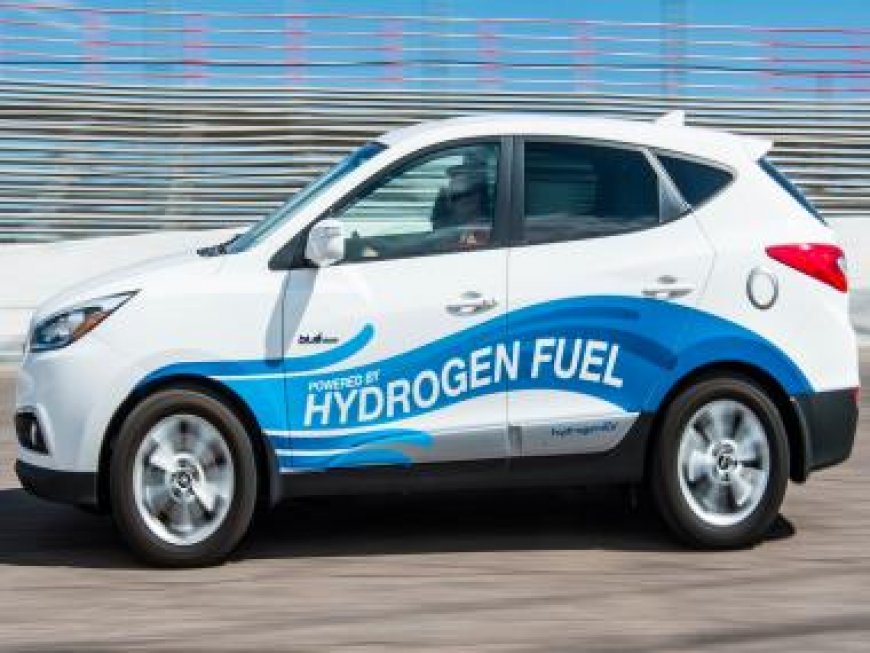Team led by Indian-origin scientist make eco-friendly, sustainable ‘green petrol’ using whiskey waste
Team led by Indian-origin scientist make eco-friendly, sustainable ‘green petrol’ using whiskey waste

Researchers at Heriot-Watt University in Edinburgh have used wastewater from the whiskey distilling industry to produce green hydrogen, a sustainable fuel.
Using a newly developed nanoscale material called nickel selenide, which is about one-10,000th the diameter of a human hair, the team replaced fresh water with distillery wastewater in the green hydrogen production process.
The nanoparticle efficiently treated the wastewater, yielding similar or slightly higher quantities of green hydrogen compared to using fresh water.
Sudhagar Pitchaimuthu, co-author of a paper published in the journal Sustainable Energy & Fuels, emphasized the importance of reducing the use of fresh water and natural resources.
The traditional green hydrogen production process requires 9kg of water for every 1kg of green hydrogen, while malt whiskey production generates approximately 10 litres of residue for every litre of whiskey. To address the need for resource conservation, the researchers focused on using distillery wastewater for green hydrogen production, aiming for a simple process that removes waste materials from the water.
The team’s innovative approach opens up possibilities for a more sustainable hydrogen production process, aligning with global efforts to minimize environmental impact.
Green hydrogen is considered environmentally friendly, as it does not emit carbon during combustion.
Typically produced through electrolysis using renewable energy sources like wind or solar, green hydrogen plays a crucial role in clean energy solutions.
However, conventional electrolysis devices are designed to work with fresh water and often fail when wastewater with added substances is introduced.
The use of the nickel selenide nanoparticle in this study overcame these challenges, making the process more efficient and sustainable.
The research team is now focused on developing a prototype electrolyser and scaling up the production of nickel selenide nanoparticles.
Additionally, they plan to explore whether any valuable components can be extracted from the distillery wastewater during the purification process, further enhancing the environmental and economic benefits of this innovative approach.
(With inputs from agencies)
What's Your Reaction?



























































